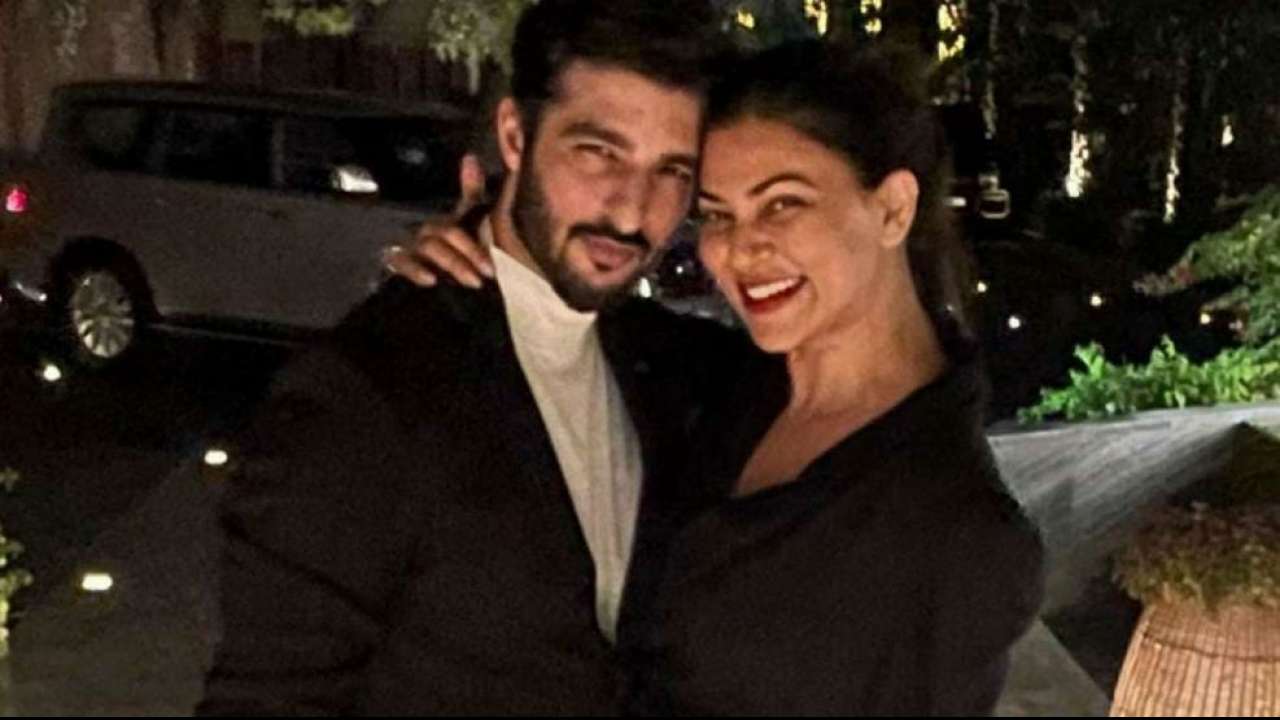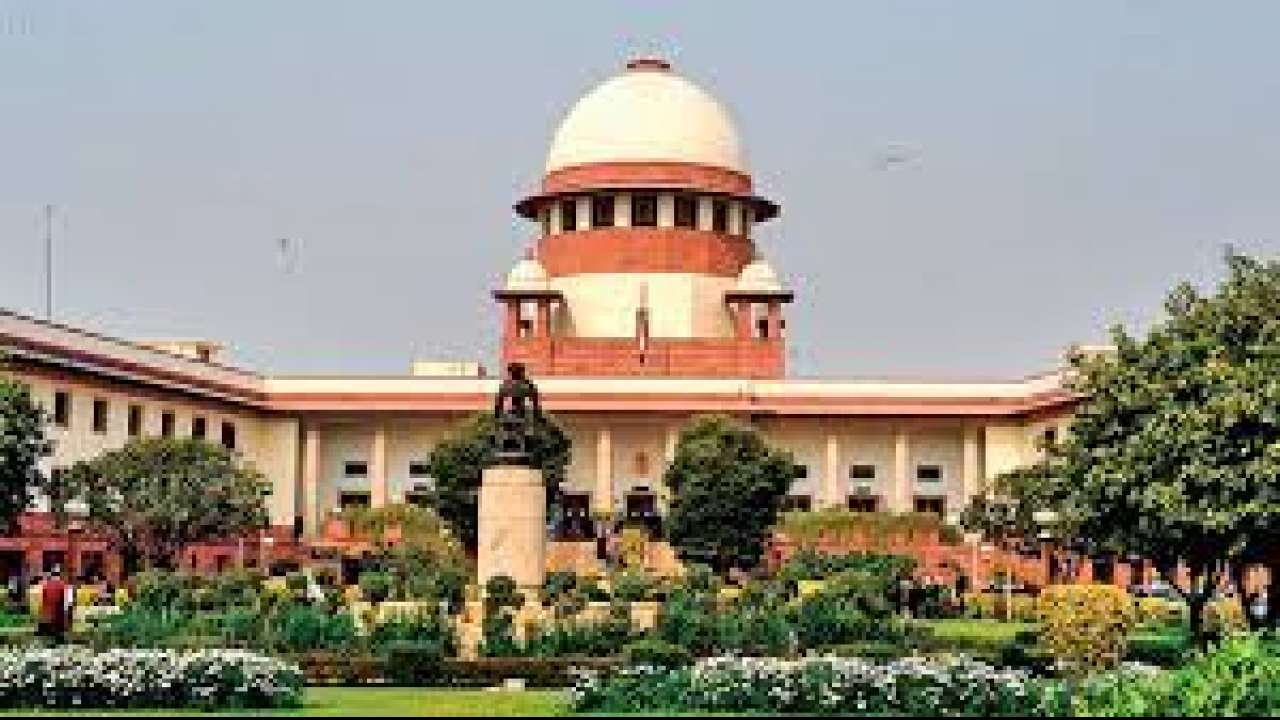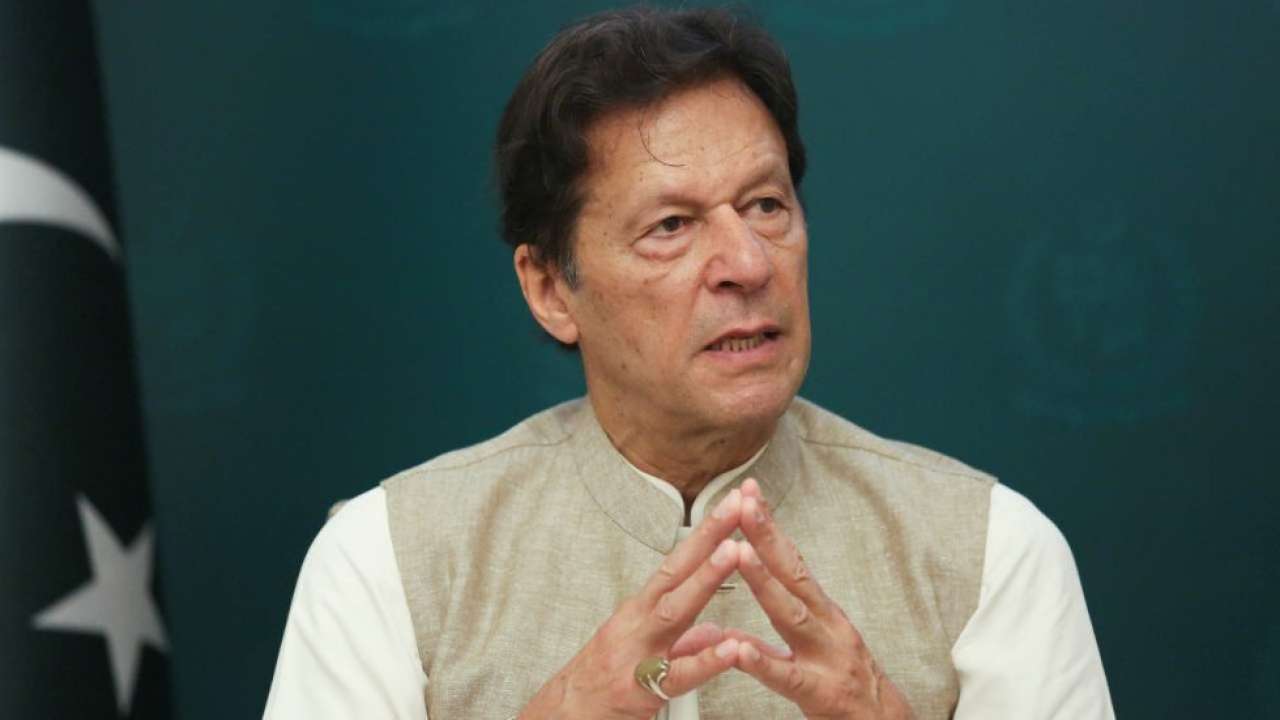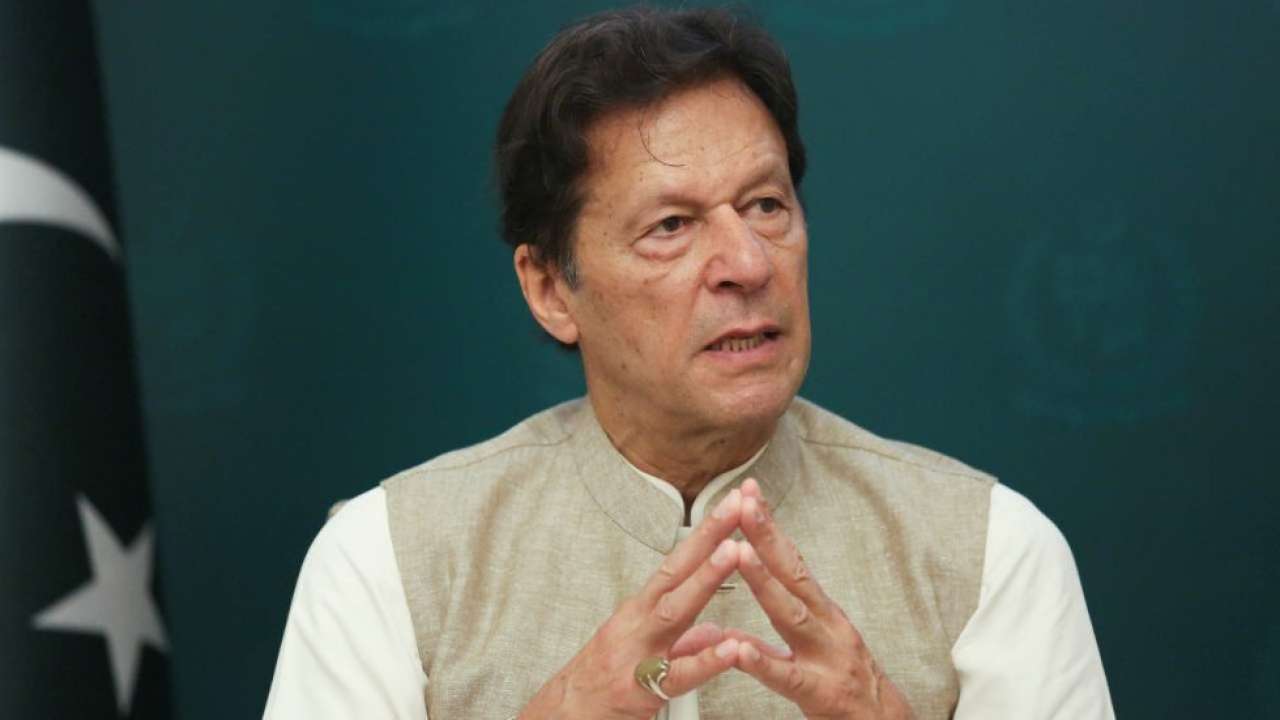Save big on smart tech and home appliances during the Discover Samsung sales event.
— Recommendations are independently chosen by Reviewed’s editors. Purchases you make through our links may earn us a commission.
If you want to upgrade your gadgets in a big way, Samsung is here to help. The customer-favorite retailer is offering tons of deep discounts all week long as part of its limited-time Discover Samsung sales event.
There’s more where this deal came from. Sign up for Reviewed’s Perks and Rec newsletter and we’ll keep ’em coming every Sunday through Friday.
Now through Sunday, March 27, you can shop the quarterly sale to scoop incredible savings on home appliances, smartphones, TVs, tablets and media room essentials. Better still, you can enjoy blowout bundle deals while supplies last. For instance, you can save $300 on select soundbars when you purchase a Samsung 2021 QLED or UHD TV or get 20% off a Galaxy Book 2 when your order a Galaxy S22, Z Fold 3 or Z Flip3.
►Traveling this spring?: Here are KN95 masks you can order now
►Worried about inflation?: Here's how to save money for a car, home and other big purchases
When you shop the Discover Samsung sales event you can save big all week long—however, the daily deals will only be available for 24 hours. If you see something you love, be sure to act fast, because the deal will be gone the next day. Each morning, the retailer will drop a new selection of incredible sales at 9 a.m. EST.
Today's lineup of Discover Samsung deals includes a deep discount on this Galaxy Watch 4.
Today's lineup of Samsung Discover deals includes Samsung's best-selling Galaxy Watch 4. Today only, you can snag the smart watch for as little as $4.99, thanks to a $60 instant rebate and a $185 markdown when you trade in a qualifying device. In testing, we found the watch to be an especially good pick for Android users with its vibrant display, easy-to-use interface and excellent fitness tracking features.
If you want to upgrade your home office or gaming room, you can also scoop the Samsung 24-inch CRG5 gaming monitor for $199.99—a whopping $60 markdown. According to the brand, this curved monitor features crisp images and fast refresh rates for an intense gaming experience.
Rounding out today's selection of Samsung Discover deals is a $1,500 markdown on the Samsung 130-inch Class The Premiere LSP9T 4K smart laser projector. Perfect for creating a movie-theater-like experience into your home, this top-tier projector features triple laser technology and ultra-bright 4K resolution. Usually ringing up for $6,499.99, you can get this projector today for $4,999.99.
Pick up a Samsung TV for an epic price during the Discover Samsung sale.
If you need some help figuring out when you should shop, we've got the inside scoop on all the best discounts available this week. Here's what we know about this week's upcoming deals:
Tuesday, March 22: Pick up the Reviewed-approved Samsung 55-inch Q60A QLED 4K smart TV for a whopping $200 discount or save $50 on a new Samsung 32-inch M5 FHD smart monitor.
Wednesday, March 23: Need a new TV? Get the Samsung 2021 Neo QLED 8K smart TV for as much as $4,000 off while supplies last. Meanwhile, snag a Galaxy S21 FE smartphone for as little as $394.99 with an eligible trade in and get a $100 eCertificate.
Thursday, March 24: Save big on Samsung robot vacuums and soundbars, plus score incredible markdowns on The Frame TV and the 28-inch Odyssey G70 4K UHD LED gaming monitor.
Friday, March 25: Upgrade your laundry room by picking up a Samsung front load premium laundry pair for $150 off. Scoop more savings for your TV room with markdowns on the Samsung MX-T50 sound tower and the 2021 Neo QLED 4K TV.
Saturday, March 26: Stay connected with a Samsung Galaxy Tab S7 FE. Pick up the 256-gigabyte version for a whopping $130 price cut.
Sunday, March 27: Buy a Samsung Galaxy Z Fold3, one of the newest smartphones on the market, and get a free $100 eCertificate.
Whether you want to get your hands on the latest smart tech or simply invest in a few new home appliances on a budget, this huge Discover Samsung sale will let you do just that. Be sure to mark your calendars and get ready to shop—these deals will be gone before you know it.






